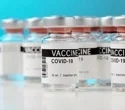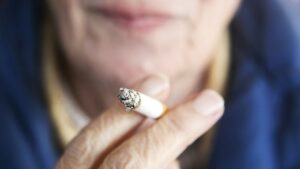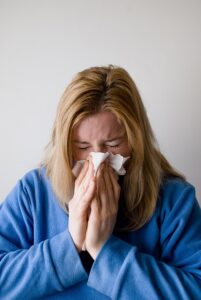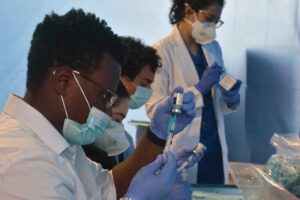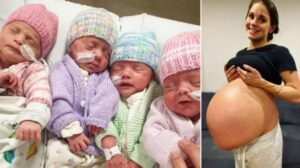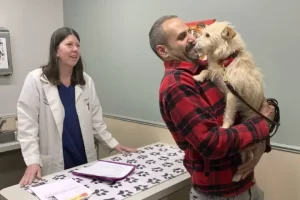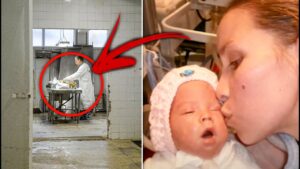Individuals with blood malignancies, those having hematopoietic stem cell transplantation, and those receiving chimeric antigen receptor therapy are more likely than healthy persons to experience severe COVID-19. Because to severe COVID-19, these immunocompromised patients also have a much higher mortality risk.
In terms of protective immunity, research have indicated that immunocompromised patients respond to COVID-19 immunization with a modest antibody response against severe acute respiratory syndrome coronavirus 2 (SARS-CoV-2).
In contrast, blood cancer patients hospitalized with COVID-19 had a strong SARS-CoV-2 spike-specific T-cell response. A stronger cellular immune response has been linked to a better prognosis for illness. The three-dose COVID-19 vaccination’s impact on these patients’ cellular immunity, however, is still unknown.
Immune reactions to the COVID-19 vaccine in patients with blood disorders and those receiving anti-B-cell therapy.
95 patients with blood cancer who had no prior history of SARS-CoV-2 infection were included in the study. As controls, 58 healthy people who had never previously contracted SARS-CoV-2 were also included. The COVID-19 vaccines, either mRNA-based or adenovirus vector-based, had been administered to the subjects three times.
The study examined the cellular and humoral immune responses to both vaccinations. During the course of the trial, breakthrough SARS-CoV-2 infection was found in 12 patients and eight healthy people.
Spike receptor binding domain (RBD)-specific antibody responses in patients were analyzed, and it was discovered that seropositivity was initially low after the first dosage of the vaccine but steadily increased after the second and third doses. One month following the third dose, about 85% of the patients showed seropositivity, which persisted for three to four months.
With the second and third dosages, however, healthy people showed 100% seropositivity. These results show that even after three doses of vaccination, a tiny proportion of patients fail to produce strong antibody responses.
